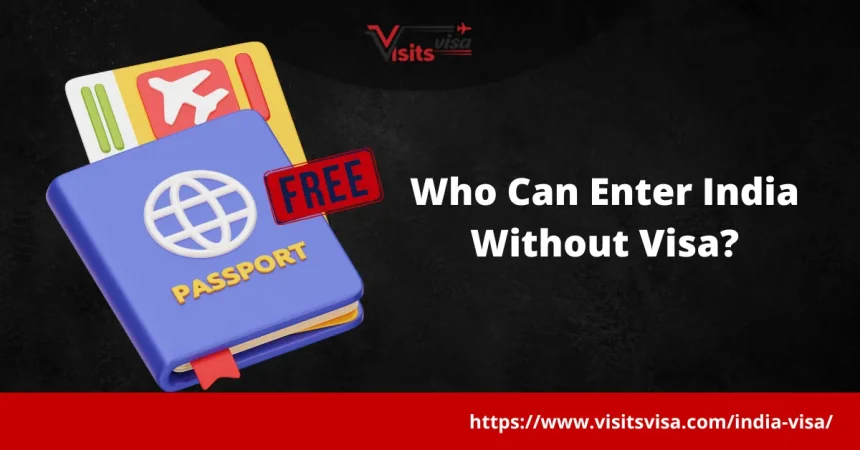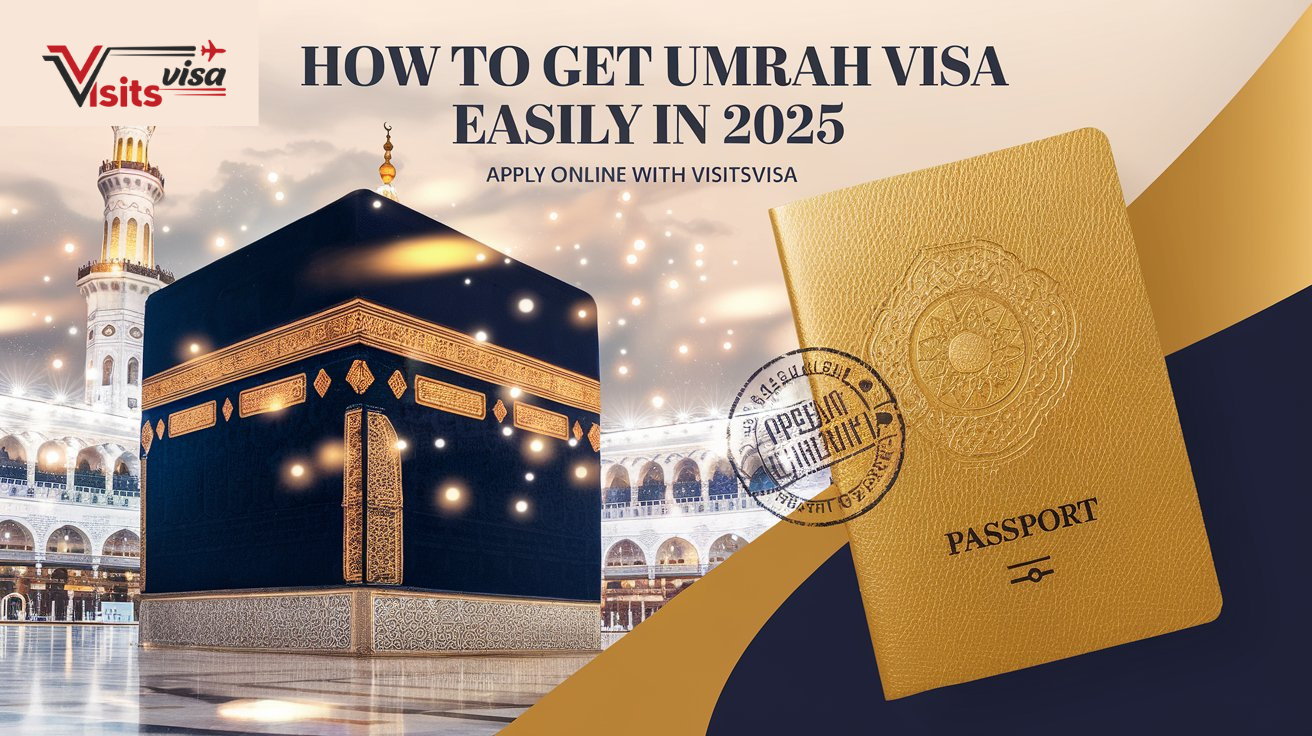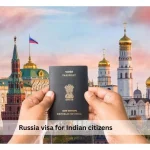Traveling to India is an enriching experience for many, but meeting the visa requirements can sometimes be difficult. However, there are some individuals who are completely exempted from the visa application process, making their travel to India much easier.
Overview of Visa-Free Entry to India

As per my last update in January 2024, India provides visa-free entry or visa-on-arrival facilities to citizens of certain countries under various schemes. Here’s an overview:
- Visa-Free Entry for Nationals of Bhutan, Nepal, and Maldives: Citizens of Bhutan, Nepal and Maldives do not require a visa to enter India. They can stay in India indefinitely without a visa.
- Visa-Free Entry for Overseas Citizen of India (OCI) Cardholders: OCI cardholders, who are foreign nationals of Indian origin, can enter India indefinitely for a variety of purposes such as employment, business, tourism, etc.
- e-Visa Facility: India offers India e-Visa to citizens of many countries for tourism, business, medical and conference purposes. The e-Visa scheme simplifies the process of obtaining a visa and allows travelers to apply online. The list of eligible countries and specific categories of e-Visas available may vary and should be checked before planning travel.
- Visa-Free Entry for Diplomatic and Official Passport Holders: Holders of diplomatic and official passports of some countries enjoy visa-free entry or visa on arrival facilities for various purposes such as official visits, diplomatic missions, etc.
- Bilateral Agreements: India has bilateral agreements with many countries, which provide visa-free entry or visa on arrival facilities for short-term visits. These agreements often depend on reciprocity and may involve tourism, business or other specific purposes.
- Special Exemptions: Under certain circumstances or for specific events, India may grant visa exemptions to citizens of certain countries. These exemptions are usually temporary and may be subject to specific conditions.
It is important for travelers to check the latest information and requirements on the VisitsVisa website before planning a trip to India, as India visa policies and agreements may change over time.
Citizens of Visa-Exempt Countries

Understanding the Visa Waiver Program
The Visa Waiver Program facilitates visa-free travel between India and participating countries, promoting tourism and business relations.
However, visa policies are subject to change, and it is important to verify current requirements with the nearest Indian Embassy or Consulate before planning your trip. Additionally, travelers must ensure that they meet other entry requirements such as having a valid passport and any necessary permits for their intended activities in India.
Requirements for Visa-Free Entry

One of the important factors contributing to its popularity is the availability of visa-free entry for citizens of certain countries. This convenient policy facilitates hassle-free travel to India and encourages tourism, benefiting both visitors and the Indian economy.
Eligibility for Visa-Free Entry
Citizens of Designated Countries
India provides visa-free entry to citizens of select countries, simplifying the travel process and promoting international relations. Tourists from these designated countries can explore India’s rich cultural heritage, breathtaking landscapes and diverse cuisine without the need for pre-approved visas.
Electronic Travel Authorization (ETA)
While visa-free entry eliminates the need to obtain a traditional visa, travelers from eligible countries must apply for an Electronic Travel Authorization (eTA) before their trip. ETA facilitates seamless entry into India and is a mandatory requirement for obtaining visa-free travel privileges.
Duration of Stay
Visitors entering India under the visa-free regime are usually granted a specific period of stay, allowing them to explore the country’s myriad attractions. It is essential to follow the prescribed period to avoid any legal implications or penalties for overstaying.
Permitted Activities
Tourism and Leisure
Visa-free entry in India enables tourists to immerse themselves in the rich cultural tapestry of India, explore iconic sites such as the Taj Mahal and Hawa Mahal of Jaipur, and enjoy authentic culinary experiences. From vibrant festivals to tranquil backwaters, India offers a plethora of experiences for every traveller.
Business Engagements
In addition to tourism, visa-free entry facilitates business activities, promoting international cooperation and economic development. Entrepreneurs, investors and professionals can organize meetings, attend conferences and explore potential ventures in different sectors.
Cultural Exchange Programs
India’s diverse cultural heritage makes it an ideal destination for cultural exchange programs and educational initiatives. Students, scholars and artists from visa-exempt countries can participate in a wide range of learning experiences, workshops and artistic endeavors.
Essential Requirements
Valid Passport
Travelers availing visa-free entry must hold a valid passport with a minimum validity of six months beyond the intended period of stay. To avoid any inconvenience it is advisable to ensure that the passport remains valid throughout the journey.
Return Ticket
Proof of onward travel, such as a return ticket or itinerary, may be required upon arrival in India. This ensures that visitors have concrete plans for their departure and helps immigration officials assess the purpose and duration of their stay.
Sufficient Funds
To support their stay in India, travelers are advised to have enough money to cover accommodation, food, transportation and other expenses. Demonstrating financial stability is essential to ensure smooth entry and a pleasant travel experience.
Restrictions and Limitations

1. Eligibility Criteria
Not all travelers are eligible for visa-free entry into India. Eligibility criteria vary depending on factors such as nationality, purpose of travel and length of stay. It is important to verify your eligibility in advance to avoid any last-minute complications.
2. Duration of Stay
Visa-free entry usually comes with a predetermined period of stay, which may vary depending on the nationality of the traveler and the purpose of the trip. It is essential to follow the prescribed period to avoid overstaying and facing legal consequences.
3. Restricted Activities
While visa-free entry allows travelers to explore India for tourism, business or transit purposes, certain activities may be restricted. Employment, academic study or engaging in other prohibited activities without the proper visa may result in legal consequences.
4. Entry Points
Visa-free entry may be restricted to specific entry points, such as designated airports or ports. Travelers should ensure that they enter India through authorized entry points to avoid complications on arrival.
5. Extension and Conversion
In some cases, travelers may wish to extend their stay or convert their visa-free entry to a different visa category. It is essential to familiarize yourself with the processes and requirements of extension or conversion to ensure compliance with Indian immigration rules.
Conclusion
Visa-free entry into India provides a hassle-free travel experience for citizens of select countries, promoting cultural exchange, tourism and business opportunities. By understanding the requirements and limitations associated with visa-free travel, visitors can make the most of their time in India while complying with immigration regulations.
FAQs
- Which countries are eligible for visa-free entry to India?
Visa-exempt countries vary, but often include neighboring countries and countries with reciprocity agreements with India. - Can visa-free travelers extend their stay in India?
Extension options for visa-free stay are limited, and travelers are advised to adhere to the permitted period to avoid legal issues. - Are there any restrictions on activities during visa-free stays?
Travelers must comply with the conditions of their visa-free entry and avoid engaging in activities prohibited under tourist or business visas. - How can travelers verify their eligibility for visa-free entry?
The Indian Embassy or Consulate in your country can provide information about visa requirements and eligibility criteria. - What should travelers do if they encounter difficulties during their visa-free stay?
In case of any problem or emergency, travelers should seek assistance from the nearest Indian Embassy or Consulate for guidance and assistance.






